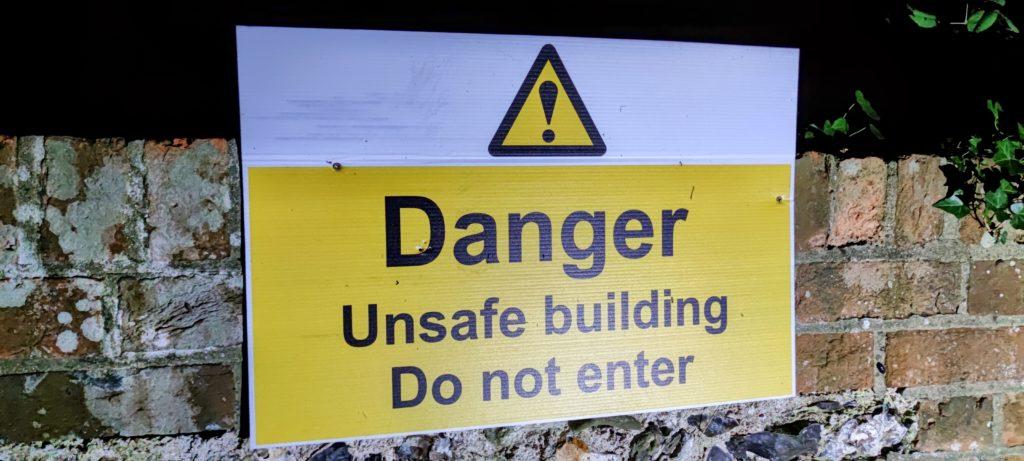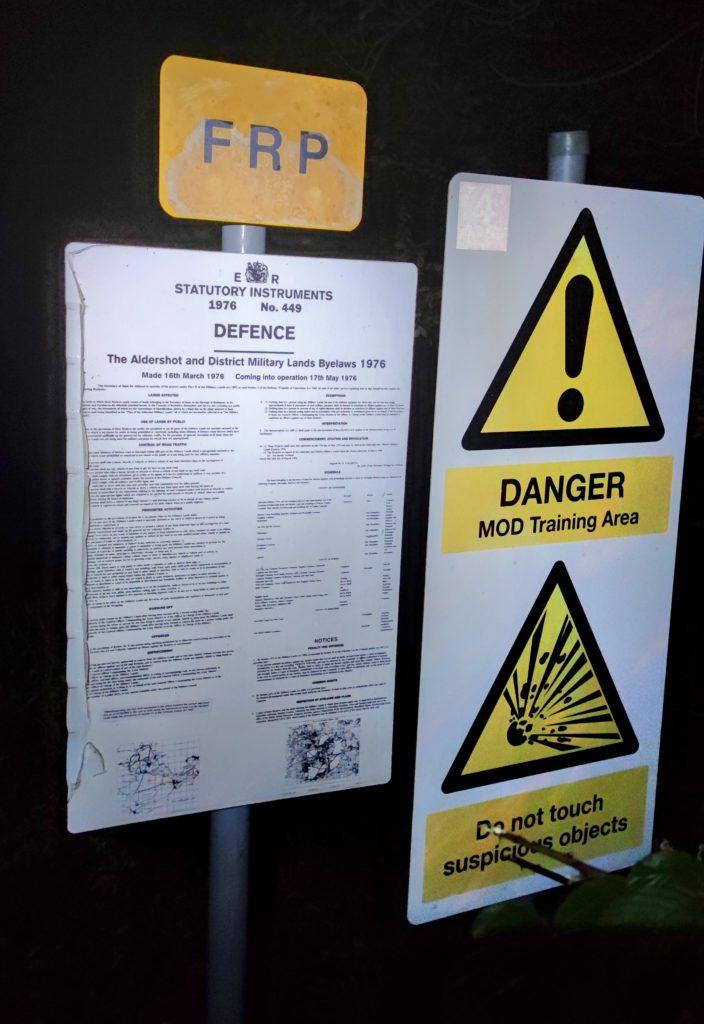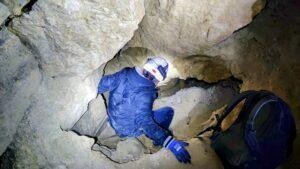Is Urban Exploration Legal?

In the UK Urban Exploration is not illegal in most circumstances. Specific laws apply to certain locations, such as railways and military sites. However, in general exploring an abandoned location in the UK is not illegal. Trespass is not a criminal offence, but rather a civil matter between you and the landowner. You cannot be arrested for trespass, however police may attend if there’s a chance that you’ve broken a law, some of which are outlined below. The landowner could technically sue you for trespass in a civil court, however this is highly unlikely.
When is Urban Exploration Illegal?
Criminal damage, breaking and entering and theft are all self-explanatory and obviously against the law, so Urban Explorers should only explore accessible locations and never damage or take anything. If you are caught with tools that could help you gain access to a property (screwdriver, crowbar etc), then the police could consider you as “going equipped,” which is also against the law.
Criminal Trespass applies to certain locations, including certain Ministry of Defence sites, nuclear power stations, royal palaces and railways. Stay away from these sites- trespassing here is illegal.

Burglary differs from theft. “An individual will be guilty of burglary if they enter any building or part of a building as a trespasser with intent to steal, inflict grievous bodily harm or do unlawful damage to the building or anything in it.” The key word here is intent, you don’t actually have to steal, inflict GBH or do unlawful damage. If the police suspect you intended to do any of these things, you could be arrested. This is unlikely to cause any problems if you innocently enter an abandoned building to take photos, and don’t have any objects on you that could arouse suspicion. Entering a building with high value items inside could raise suspicions though.
You are more likely to run into trouble entering an abandoned building in the middle of a city centre than a remote derelict house deep in the countryside. Weigh up the risks and make sure you can legally enter the location (without having to force entry) before entering an abandoned building.
What happens if I get caught exploring an abandoned building?
With the above in mind, and from previous experiences, if security arrive they usually simply ask you to leave. There’s no reason to be rude or argue, it won’t do you any favours. It’s best to simply leave the building and move on.
When you enter an abandoned building you are taking the risk of breaking the law, or at least being accused of breaking the law. The only way to totally avoid this risk is to gain permission before entering. There are plenty of ticketed sites or non-abandoned unique locations that provide a great Urbex-experience which also negate the risk of any legal issues. This is a brief outline of a complex subject and should not be considered legal advice. The above only applies to the UK.
Last Updated on 10 February 2022 by Michael




hi I’m Daniel I’m looking in Colorado springs Colorado near where I live haunted and Brandon locations